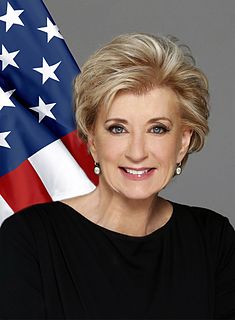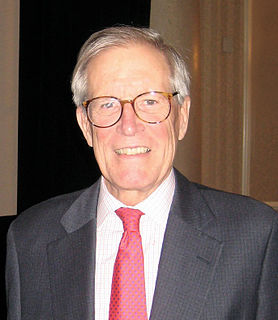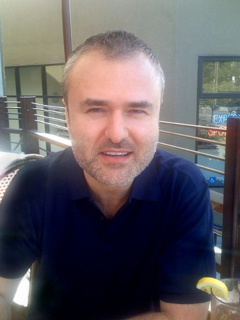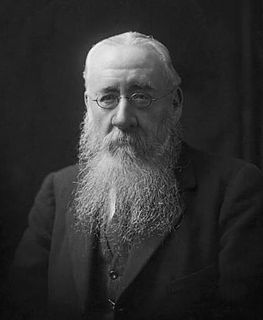A Quote by Pema Chodron
We can gradually drop our ideals of who we think we ought to be, or who we think we want to be, or who we think other people think we want to be or ought to be.
Related Quotes
Cool loneliness allows us to look honestly and without aggressionat our own minds. We can gradually drop our ideals of who we think weought to be, or who we think we want to be, or who we think other peoplethink we want to be or ought to be. We give it up and just look directlywith compassion and humor at who we are. Then loneliness is no threat andheartache, no punishment.
Well, I think we ought to definitely look at it and debate it. I think there are a lot of people who have trouble coming to terms with that because they see marriage as traditionally between a man and a woman. But I also know that, you know, when couples are committed to each other and love each other, that they ought to have I think the same sort of rights that everyone has.
I don't think people ought to believe only one news medium. They ought to read and they ought to go to opinion journals and all the rest of it. I think it's terribly important that this be taught in the public schools, because otherwise, we're gonna get to a situation because of economic pressures and other things where television's all you've got left. And that would be disastrous. We can't cover the news in a half-hour event evening. That's ridiculous.
I think the oversight is great, and I think that oversight ought to be devoted almost entirely to the question is this being done at market you know. In other words, you want to make sure that the government isn't investing foolishly. But you don't want to care about which congressional districts it goes to or whether banks get favored over.
I think people are sort of waking up to it now, how probably the biggest change in Internet media isn't the immediacy of it, or the low costs, but the measurability. Which is actually terrifying if you're a traditional journalist, and used to pushing what people ought to like, or what you think they ought to like.





































